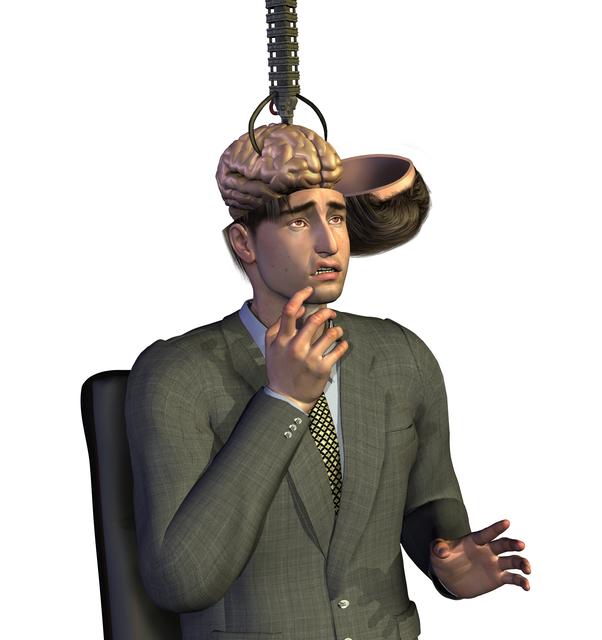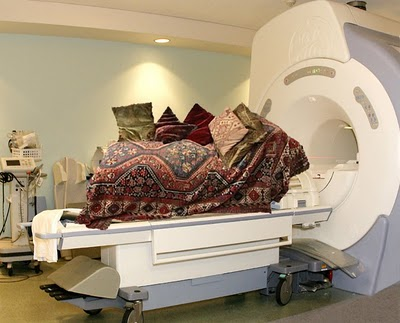
Last week, my long time colleague and friend, Dr. Mark Hubble blogged about the current interest of non-medically trained therapists in the so-called “neurobiology of human behavior.” In my intro to his post, I “worried” out loud about the field’s tendency to search for legitimacy by aligning with the medical model. Over the years, psychotherapy has flirted with biology, physics, religion, philosophy, chaos, and “energy meridians” as both the cause of what ails people and and the source of psychotherapy’s effectiveness.
For whatever reason, biological explanations have always had particular cachet in the world of psychotherapy. When I first entered the field, the “dexamethasone suppression test” was being touted as the first “blood test” for depression. Some twenty years on, its hard to remember the hope and excitement surrounding the DST.
Another long-time friend and colleague, psychologist Michael Valentine is fond of citing the many problems–social, physical, and otherwise–attributed to genetics (including but not limited to: anxiety, depression, addictions, promiscuity, completed suicides, thrill seeking obscene phone calls, smoking, gambling, and the amount of time one spends watching TV) for which there is either: (a) precious little or inconsistent evidence; or (b) the variance attributable to genetics is small and insignificant compared to size and scope of the problem.
In any event, I wanted to let readers know that response to Mark’s post has been unusually strong. The numerous comments can be found on the syndicated version of my blog at the International Center for Clinical Excellence. Don’t miss them!


